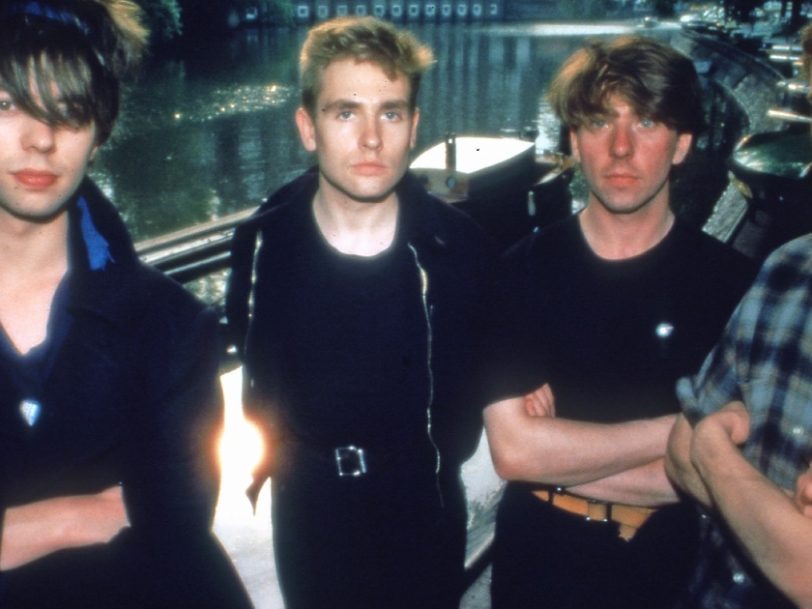Brooking nothing so limiting as a genre tag, Echo And The Bunnymen forced the post-punk and neo-psychedelic worlds together in a show of creative freedom that has little equivalent elsewhere in music. Across their first four albums, the group developed into a shapeshifting unit whose horizons seemed limitless. “We always thought we were the best band in the world,” Bunnymen guitarist Will Sergeant told Dig! in an interview about those breakthrough years. “It was like our backs were against the wall, with our bayonets sticking out.” Luckily, the group had the goods to match their defiant attitude, ensuring that the best Echo And The Bunnymen songs have stood the test of time.
Listen to the best of Echo And The Bunnymen here, and check out our best Echo And The Bunnymen songs, below.
10: Pictures On My Wall (from ‘Crocodiles’, 1980)
“Can you hear it?/The sound of something burning/Something changing.” Must be the post-punk template. Echo And The Bunnymen themselves had undergone a seismic shift by the time they re-recorded their first single – originally put to tape by their short-lived trio line-up, with a drum machine filling the then vacant drum-stool spot – for their debut album, Crocodiles, after real-life drummer Pete De Freitas joined the fold. “It changed completely,” guitarist Will Sergeant said of the band’s sound one De Freitas came on board. “We could have dynamics in the songs, which was what we were all about.” A spectral echo of that mechanical timepiece can be heard throughout their second pass at Pictures On My Wall while everything else falls into place. One of the earliest contenders among the best Echo And The Bunnymen songs, it belies frontman Ian McCulloch’s “Should have got it right tonight” moment of doubt.




